Press
Kat’s 2nd Feature on WKRN-TV Nashville
Check dog trainer's credentials before starting classes
By JOHN BOWMAN
For The Tennessean, 02/16/07
Most dog trainers talk one heck of a ballgame. In fact, the way some trainers brag, you'd think they invented dogs.
"People call themselves behaviorists and trainers, and it sounds very prestigious, but there really is no law that says they need to have a certain kind of education," says Stephanie Shain, director of outreach for companion animals for the Humane Society of the United States.
So if there's no licensing or testing required, how can you tell a real pro from some guy who just got tired of selling insurance and decided to call himself a dog trainer?
Kat Martin, owner of DOGS & KAT Dog Training & Behavior Counseling in Nashville, says the key is watching the trainer in action.
"My advice would definitely be to call a trainer, ask them how long they've been training and what their background is. But if you really want to make sure this person is right for you, ask if you can attend a class and observe."
Martin says it's a red flag when a trainer is hesitant to let you sit in on a class.
"A good trainer would say, 'Absolutely, come whenever you want. I'll have a chair ready for you.' Because if they're a good trainer, then they're proud of what they do, and they won't have anything to hide."
Let your dog decide
Shain advises owners to do an initial phone interview to find out a trainer's background and training style. Owners may also want to ask for references. If the initial interview goes well, schedule a time to observe a class.
"The bottom line is to trust your gut," Shain says. "If something makes you feel uncomfortable, it's okay to say, 'You're not the right person to train my dog.' "
Don't forget that dogs are usually great judges of character. Shain believes if a dog is afraid of a trainer, then their owner probably should be, too.
"Training should be a fun, positive experience. It should never be scary, and it should never make you feel worried for your pet's safety. There should be no yelling or hitting."
Shain said group basic obedience courses are a great way for dogs to learn basic socialization and manners. She also encourages owners to actively participate in their dogs' training.
"The classes are really as much for you as they are for your dog. Going to training together can really strengthen the bond between you and your pet."
Most 4-week basic obedience courses cost between $50 and $70. Prices for private training sessions vary, but they're generally between $40 and $75 per hour.
Do associations matter?
Just about all trainers belong to an association of some kind. Shain says the Association of Pet Dog Trainers is one of the more highly regarded groups, but she cautions that membership in a professional organization doesn't guarantee a good trainer.
Nashville's Martin says owners should take the time to learn about which association a trainer belongs to before signing up their dogs.
"There are so many organizations," Martin says. "Some you just pay money to and you're a member; others actually require some education and testing."
Like Martin, Shain believes there's just no substitute for watching someone in action.
"The real key for people is going for themselves to see how the trainer operates," Shain says. "Ask to observe a group class. Certainly, asking if you can come and observe is a reasonable request that any trainer should feel comfortable with."



